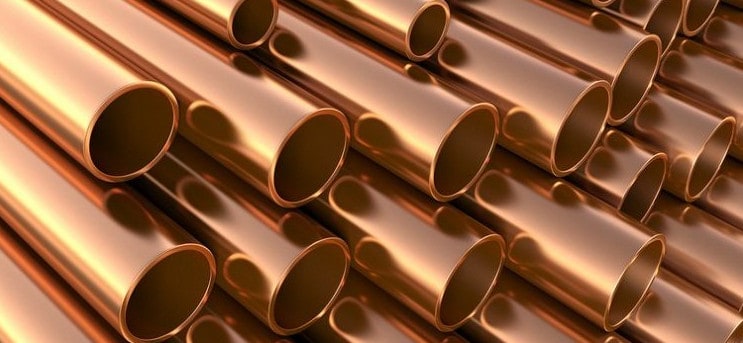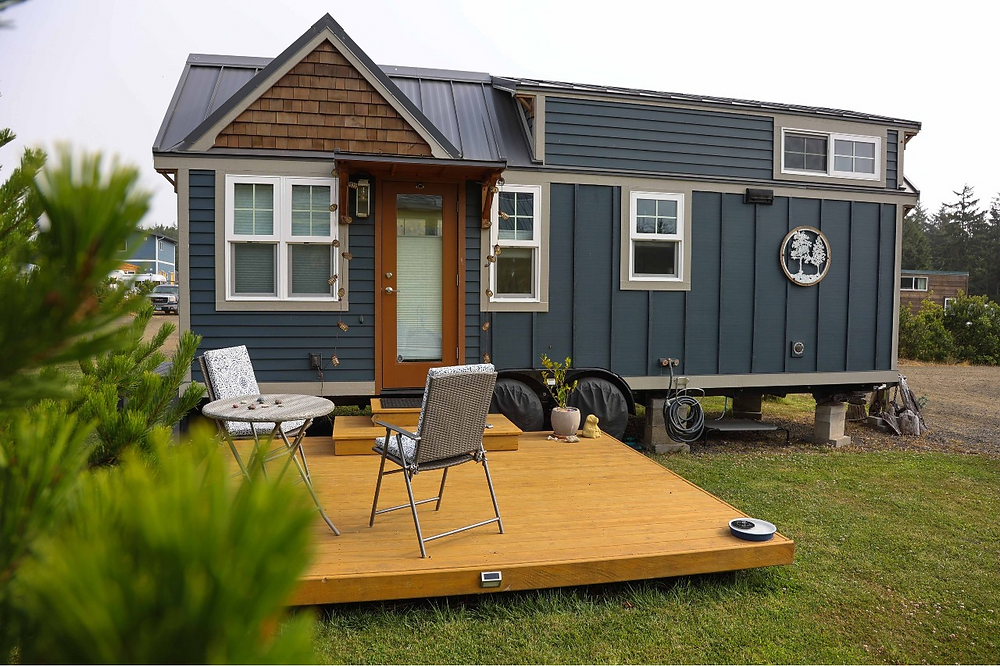Everything You Need To Know About Copper Pipe Corrosion

Copper pipes are a popular choice for residential plumbing due to their durability and long life expectancy. They can withstand extreme conditions and prolonged pressure thanks to their remarkable strength.
Copper pipes are superior to all other types, but they also have their limitations.They can be damaged under certain conditions apart from being susceptible to corrosion.
Pipe Corrosion: What Causes It?
Water pipe corrosion can be caused by various factors, including:
- Low pH
Low pH levels in groundwater from wells and surface water from springs and creeks indicate acidity. Water from these sources is rich in hydrogen ions, which accelerate corrosion of pipes.
There’s an oxide barrier between copper pipes and water, but when the latter is acidic, the barrier gets broken. The acidic water will then turn its attention to the pipes, and this is where corrosion will set in.
- Improper Installation
Incorrect pipe installation can also lead to corrosion. The same result can be expected if the pipe ends aren’t properly reamed before they are installed. Using too much acid flux to solder copper pipes can also produce a similar effect.
- High Oxygen Level
Two of the dissolved gases present in water are nitrogen and oxygen. The latter is capable of corroding pipes through the process of oxidation. The result is the formation of rust on the copper pipes’ surfaces.
- Grit, Sand, and Sediment
Copper pipes become prone to hydraulic wear following the accumulation of grit and sand inside. The chemical components of soil also react with a pipe’s unprotected surfaces, consequently causing corrosion.
- High Level of TDS (Total Dissolved Solid)
TDS levels refer to the amount of organic matter and inorganic sodium found in water. They include calcium, magnesium, sulfate and hydrogen carbonate.These substances can cause scale buildup, corrosion, and water quality impairment.
- Bacteria
One of the main causes of pipe corrosion is bacteria, especially the sulfate reducing type. They use the hydrogen found in water to accelerate the rate at which corrosion occurs.
- High Velocity
When the velocity of water that flows through the pipes is too high, the pipes’ interior walls are exposed to great shear stress. Consequently, the protective coating of the wall is stripped away, and this hastens the corrosion process.
How Does Pipe Corrosion Affect Water Quality?
There are many factors that can affect the water quality in pipes, but corrosion is a major contributor. In this regard, you’ll likely notice the following signs indicating that your copper pipes have become corroded:
- Discoloration
- Turbidity and cloudiness
- Strange odors
- Taste impairment
In some cases, corrosion can also increase copper and lead levels.These substances can cause serious health problems such as liver and kidney disease.
How Does Corrosion Affect Copper Pipes?
Water pipe corrosion can lead to:
- Leakages
- Pinholes
- Breaks and damages
According to the plumbers in Denver, internal corrosion in pipes can cause clogs which can seriously damage faucets and sinks as well as other components of the plumbing system. If your pipes are corroded, you may experience a drop in water pressure.
How to Clean Corroded Copper Pipes
Although it is best to contact a plumbing company with experience in handling corroded copper pipes, you can still do some preliminary cleaning using these steps:
Exterior Corrosion:
- Use a metal polish to clean the pipe, and follow the instructions on the product label.
- Allow the polish to dry for several minutes.
- When the polish has dried, start scrubbing the pipe.
- Rinse the pipe using warm water.
Interior Corrosion :
- Take out any remaining water from the pipe.
- One gallon of white vinegar should be poured down the drain pipes.
- Allow the vinegar to sit for approximately half an hour so the calcium deposits in the pipes will loosen.
- To remove the buildup, use a long-handled toothbrush.
How to Prevent Copper Pipe Corrosion
To avoid future problems, learn how to prevent copper pipe rust. Below are some steps you can take.
- Water Watch
To prevent pipe corrosion, make sure you test your water at home. Check if this doesn’t have high levels of dissolved substances and isn’t too acidic.
- Keep Bacteria Away
Water contains a lot of corrosive bacteria, so it is important that you regularly clean your copper pipes. Use biocides and inhibitors when doing your cleanup.
- Add Protective Coatings
To protect against hydraulic wear, you can add layers of coating to your copper pipes. Meanwhile, insulation is an effective means of protecting your pipes from metal contact.
Key Takeaway
Copper pipes are quite popular because they are durable and can handle strong pressure. However, they are also prone to damage, notably corrosion.
Water quality can be adversely affected when copper pipes become corroded. It is thus crucial that you take the needed steps to prevent corrosion from getting to your pipes. This includes checking the pipes for any signs of damage, and if corrosion has set in, you need to contact plumbers to make the needed repairs.




